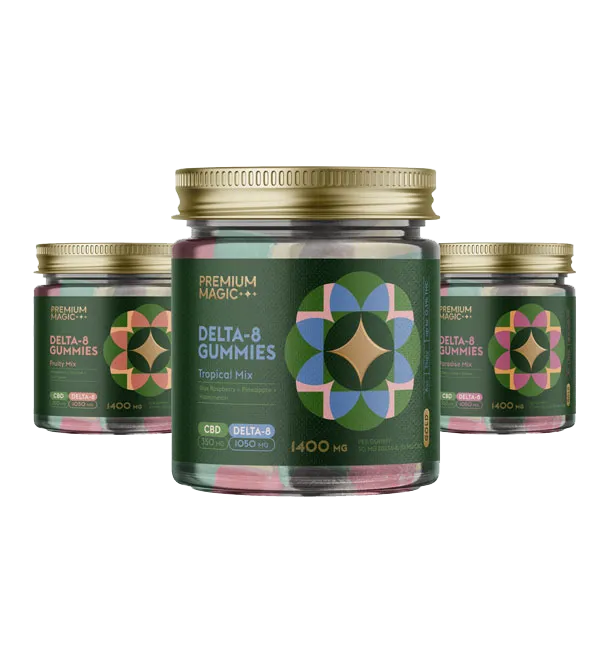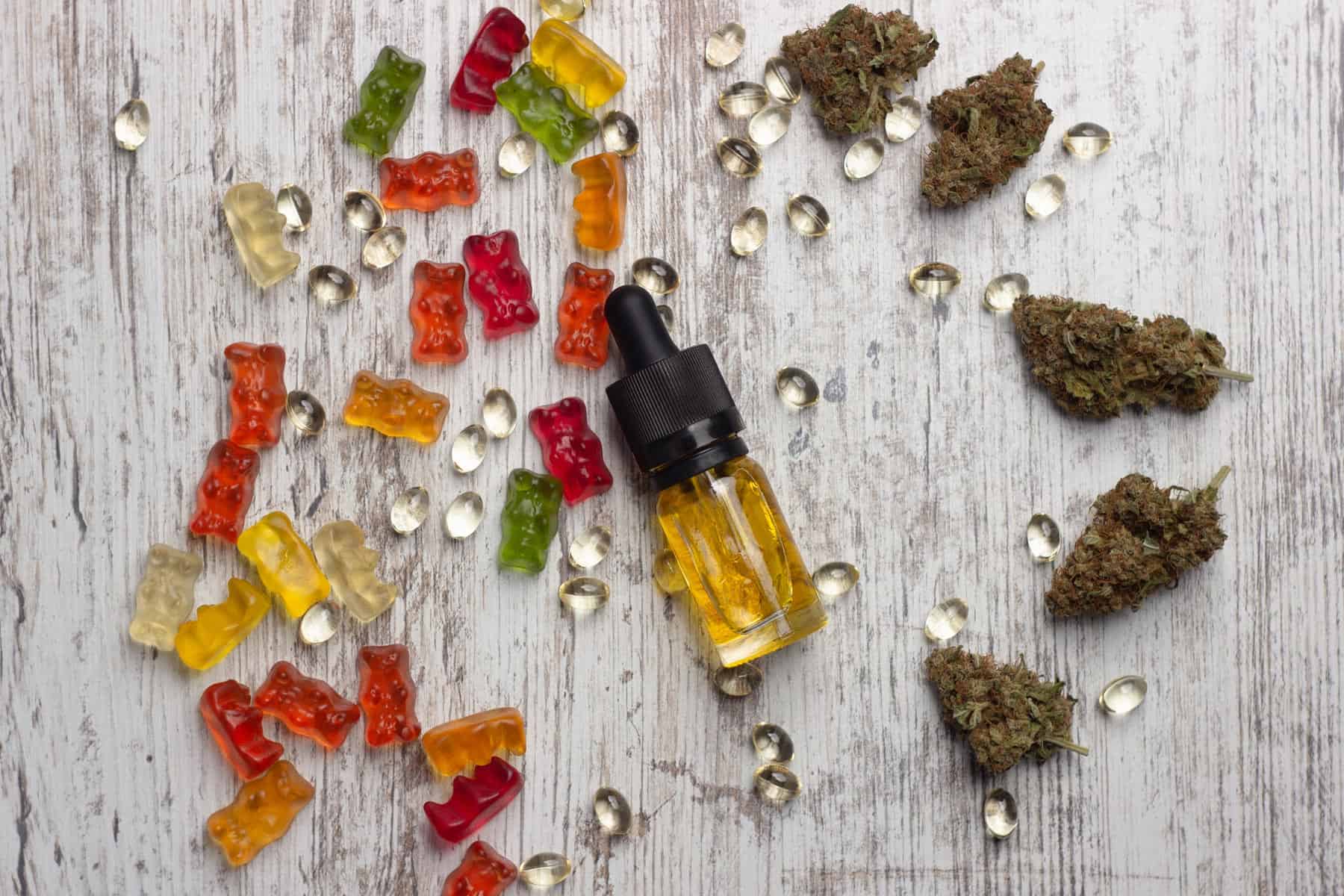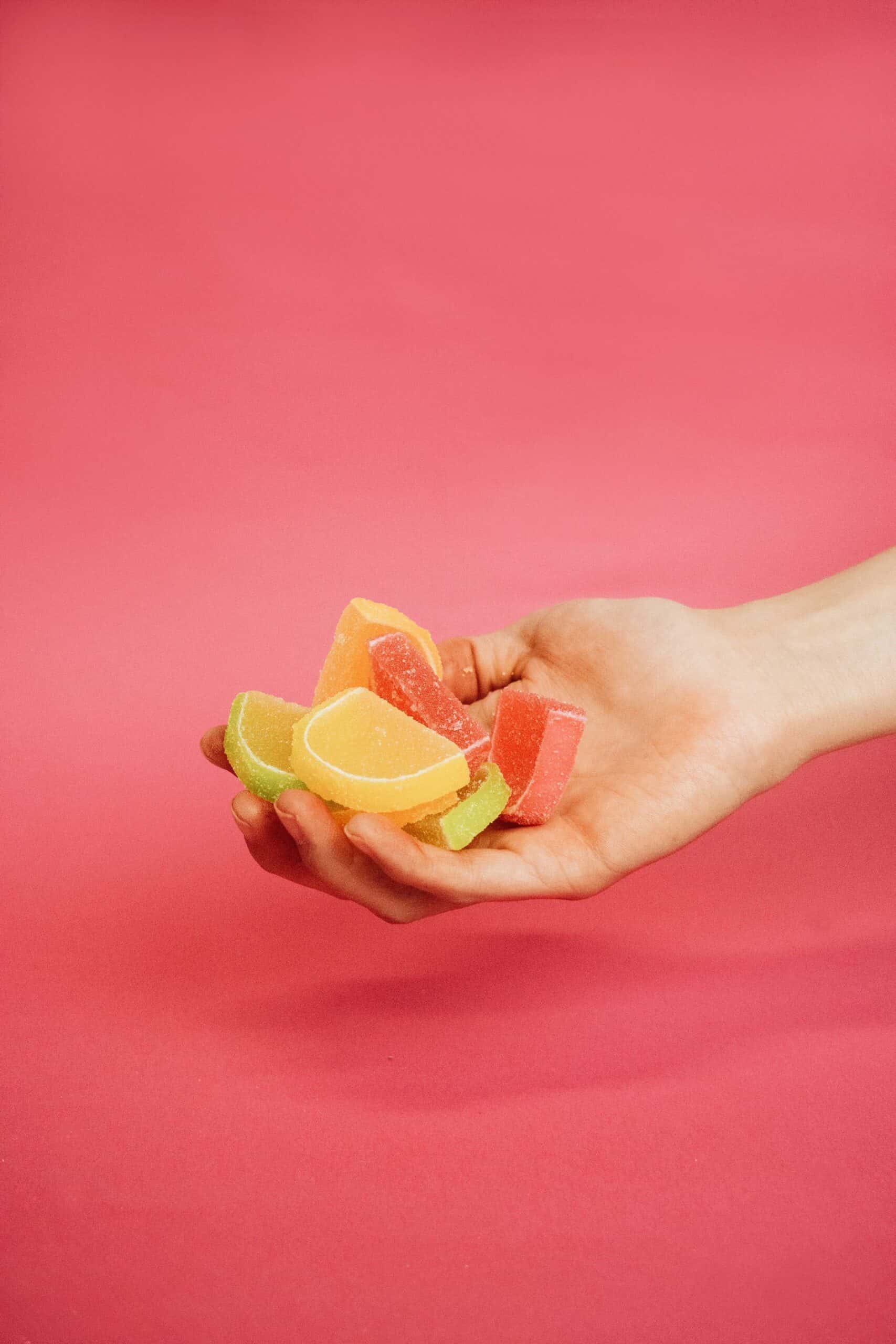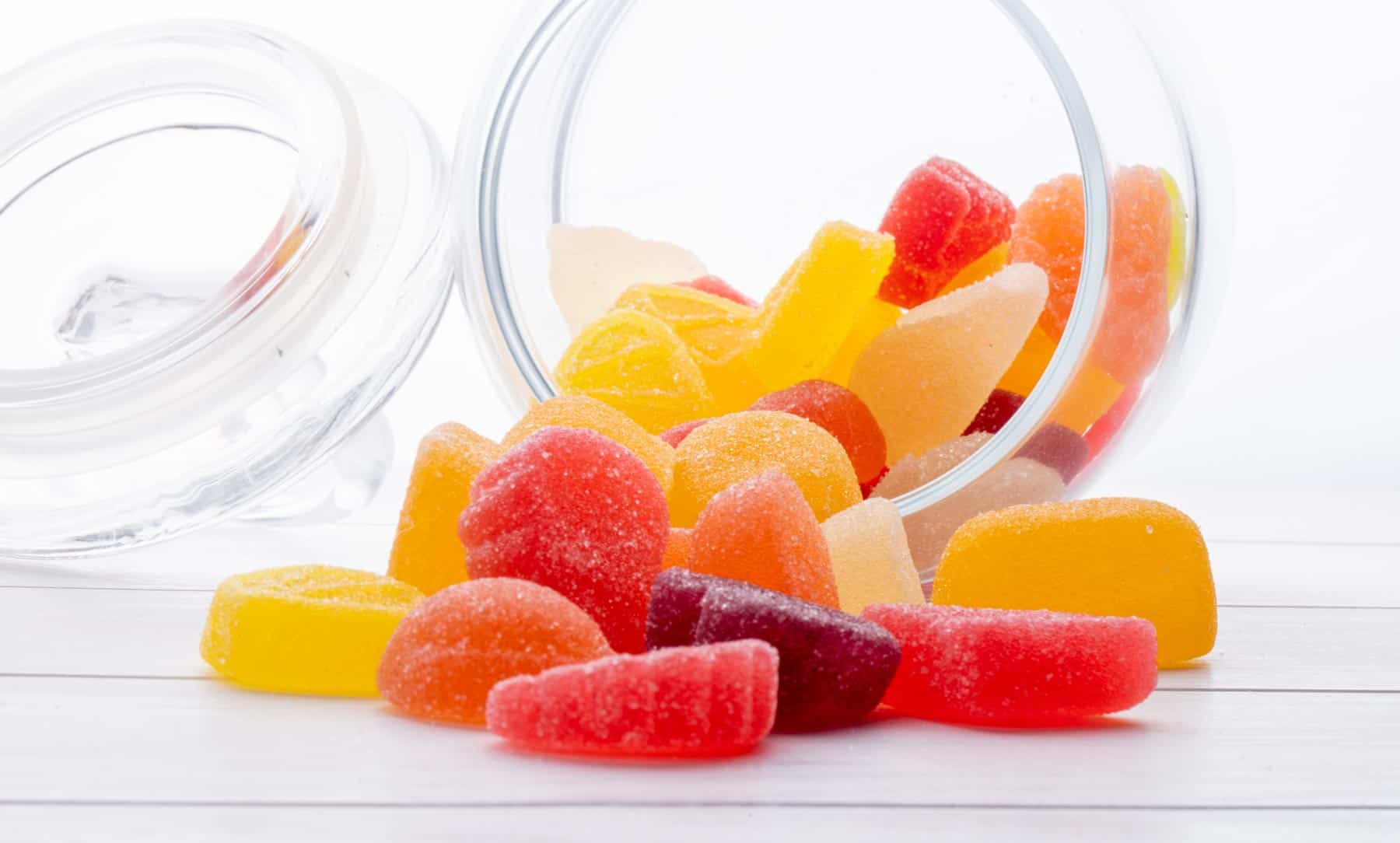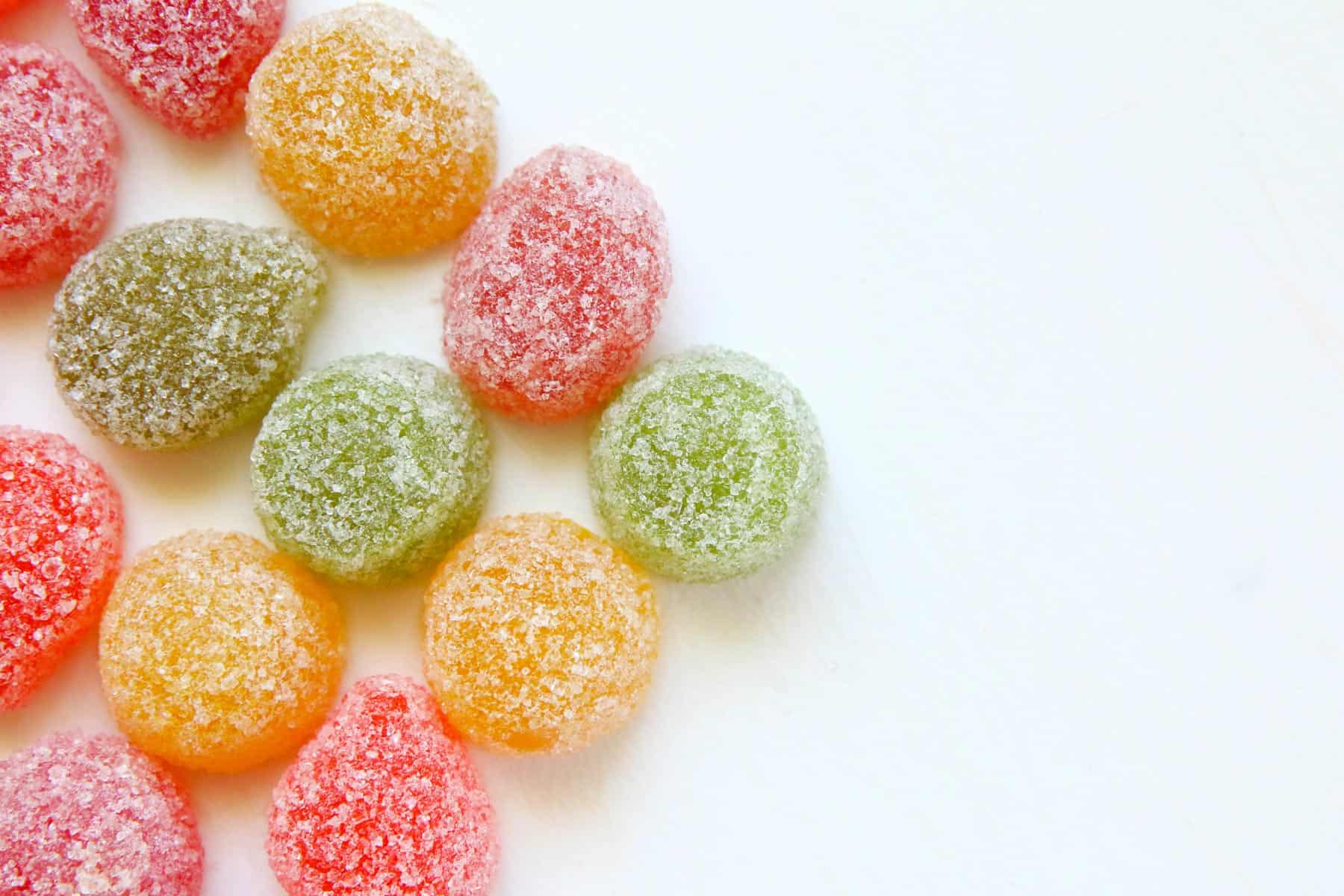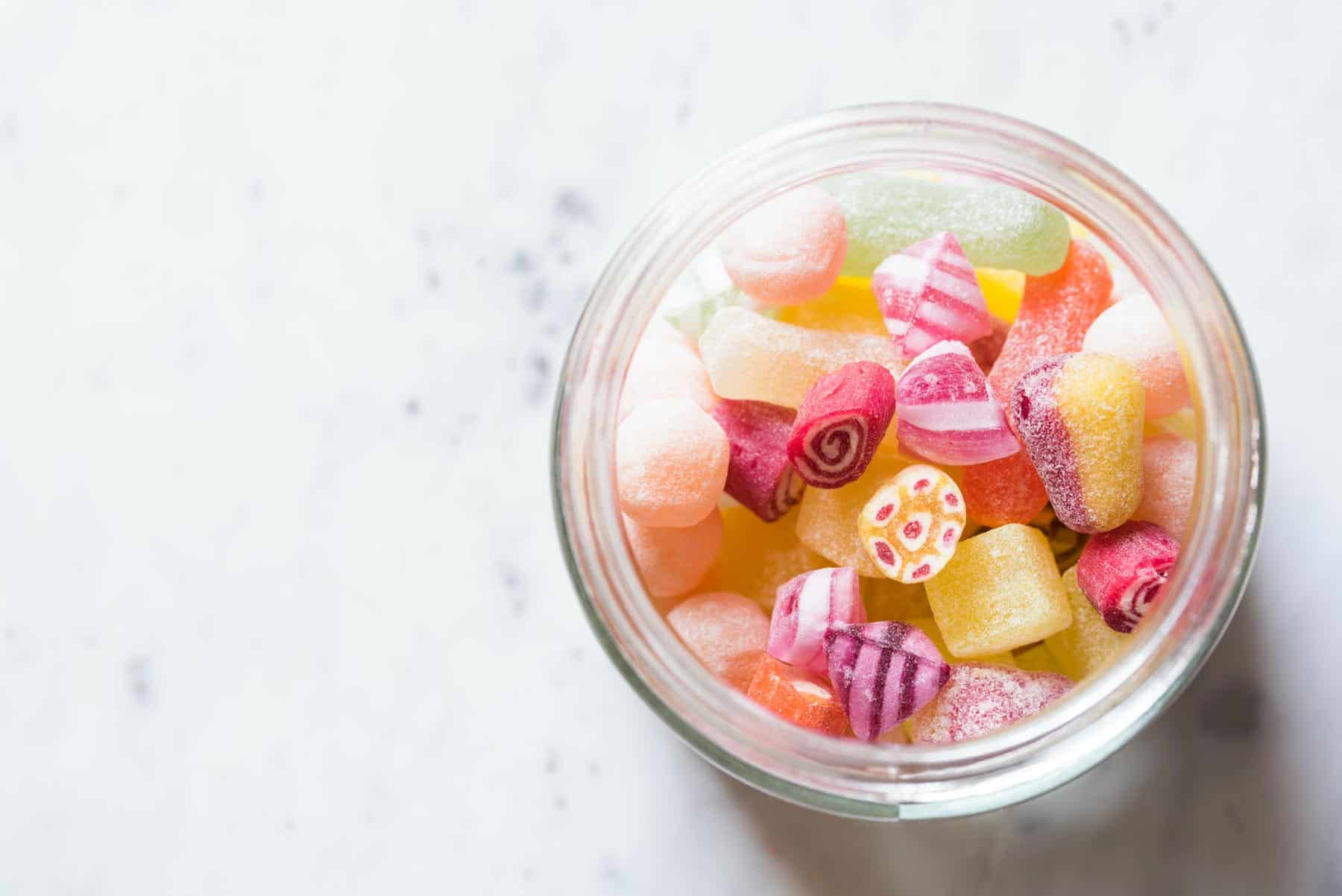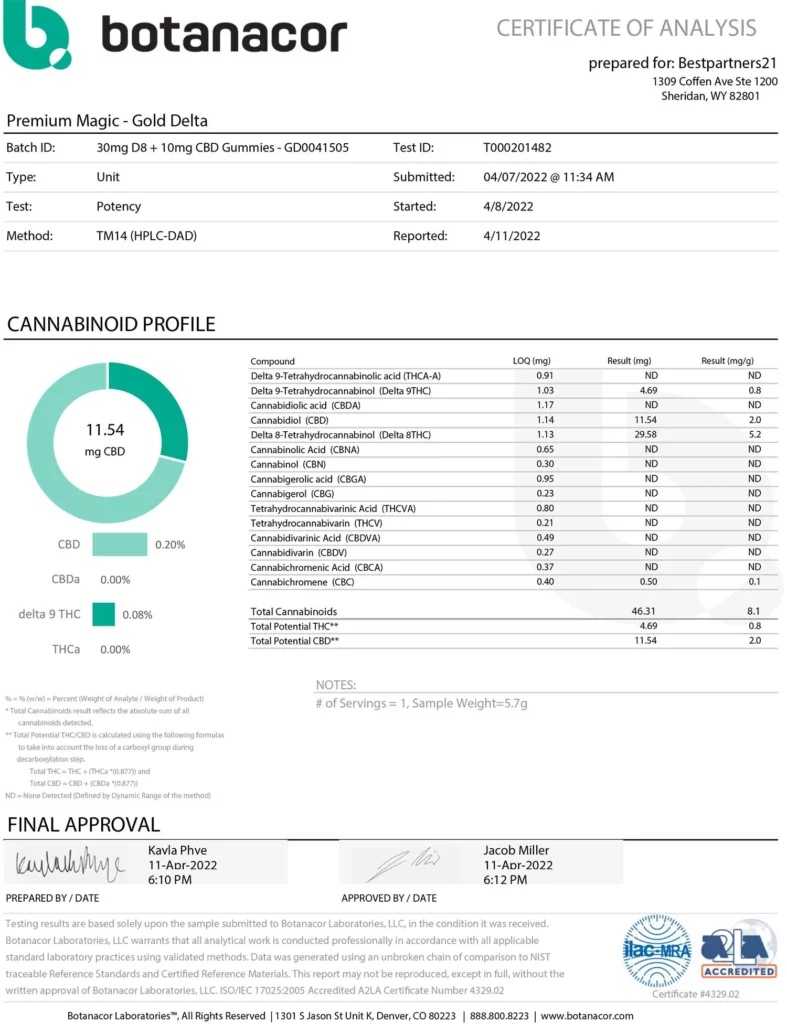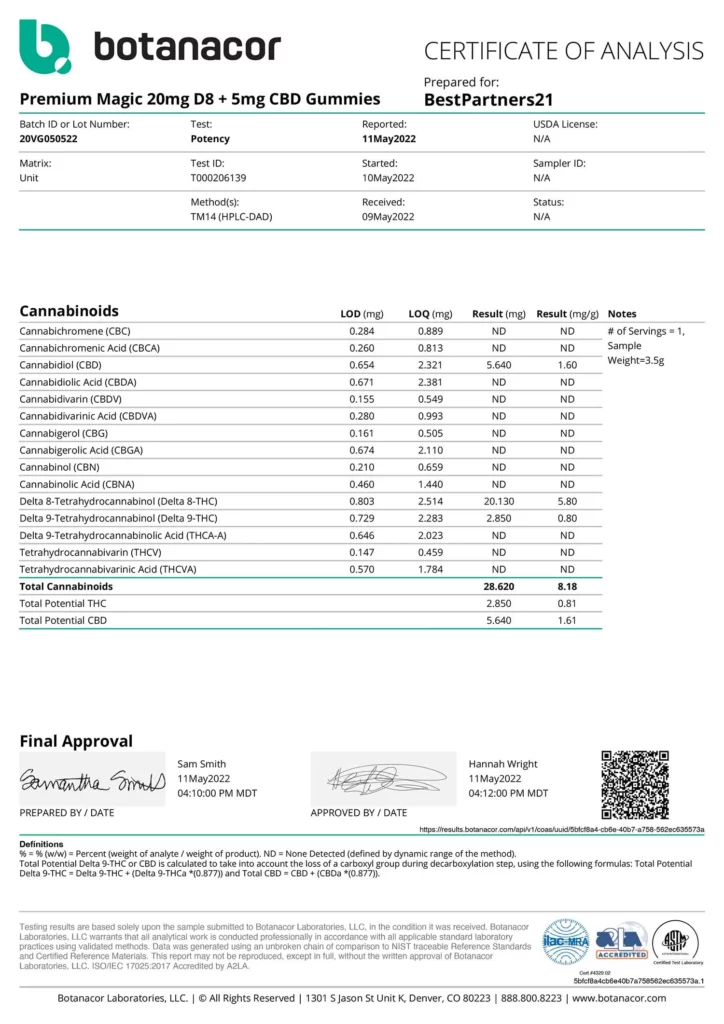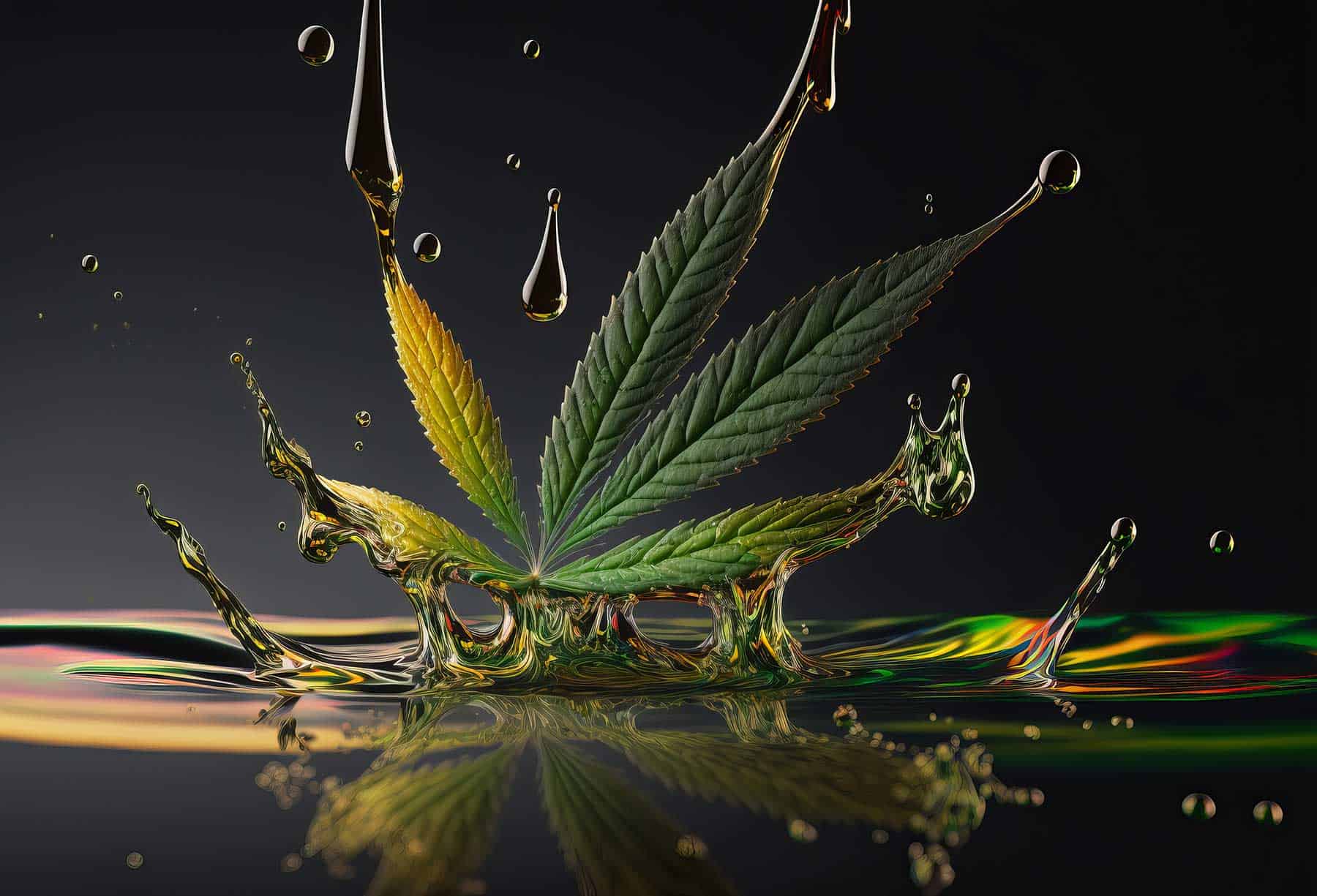
Unlocking the CBD Benefits: Understanding the Difference between CBD and THC

Cannabis has been used for medicinal and recreational purposes for thousands of years. In recent years, there has been a growing interest in the use of CBD (cannabidiol) and THC (tetrahydrocannabinol) for various health conditions and harness the THC and CBD benefits.
CBD and THC are the two most well-known compounds found in the cannabis plant. However, despite their similarities, both compounds have distinct differences that are important to understand.
This blog post aims to provide a comprehensive guide to help you understand the differences between these cannabinoids as well as THC and CBD benefits.
Understanding CBD
CBD is a non-psychoactive compound that is found in the cannabis plant. Unlike THC, CBD does not produce the “high” that is commonly associated with cannabis use. Instead, CBD has been found to have numerous therapeutic benefits, including pain relief, anxiety relief, anti-inflammatory effects, and anti-seizure properties.
CBD is legal in many countries, including the United States, provided it is derived from hemp and contains less than 0.3% THC. CBD can be found in a variety of forms, including oils and tinctures, capsules, topicals, and edibles. The potential CBD benefits include pain relief, anxiety relief, anti-inflammatory effects, anti-seizure properties, sleep improvement, neuroprotective effects, and potential as a cancer treatment.
It is important to note that while CBD benefits are promising, more research is needed to fully understand the effects of CBD and its potential health benefits.
Understanding THC
THC is the primary psychoactive compound found in the cannabis plant. THC is responsible for the “high” associated with cannabis use. In addition to its psychoactive effects, THC has been found to have several therapeutic benefits, including pain relief, appetite stimulation, relaxation and stress relief.
THC is not legal in all countries, and its legality can vary depending on the jurisdiction. In many countries, including the United States, THC is only legal for medicinal purposes and must be prescribed by a licensed healthcare provider. THC can be found in a variety of forms, including oils and tinctures, edibles, and smokable products. One popular form of THC-infused edibles is THC gummies, which are a convenient and discreet way to consume THC.
Delta 8 THC and CBD Gummies
In addition to traditional THC gummies, there are also delta 8 THC gummies, a newer form of THC edibles that are gaining popularity. Delta 8 THC is a less potent form of THC that is said to produce a milder “high” and may have less anxiety-inducing effects than traditional THC.
CBD gummies are another popular form of CBD-infused edibles. CBD gummies are a convenient and tasty way to consume CBD and can be used to manage pain, reduce anxiety, and improve sleep. Unlike THC gummies, CBD gummies do not produce the psychoactive effects associated with THC.
Differences between CBD and THC
The main difference between CBD and THC is their chemical structure and composition. CBD and THC interact with the body differently and produce different effects.
THC and CBD Benefits
CBD does not produce the psychoactive effects associated with THC, and it is generally considered safe and well-tolerated. On the other hand, THC can produce psychoactive effects and can also cause adverse side effects, such as anxiety, paranoia, and impaired coordination.
Another important difference between CBD and THC is their legality. CBD is legal in many countries, provided that it is derived from hemp and contains less than 0.3% THC. On the other hand, THC is not legal in all countries and may only be used for medicinal purposes in some jurisdictions.
Choosing the Right Product
When choosing a CBD or THC product, it is important to consider several factors, including the legality, the purpose of use, and personal preferences. For example, if you are using cannabis for medicinal purposes, you may want to consider using a THC-rich product prescribed by a licensed healthcare provider.
If you are using cannabis for recreational purposes, you may prefer a THC-rich product that produces the “high” associated with cannabis use.
Conclusion
CBD and THC are two of the most well-known compounds found in the cannabis plant. While they share some similarities, they have distinct differences that are important to understand. CBD is non-psychoactive and has been found to have numerous therapeutic benefits, including pain relief, anxiety relief, anti-inflammatory effects, and anti-seizure properties.
